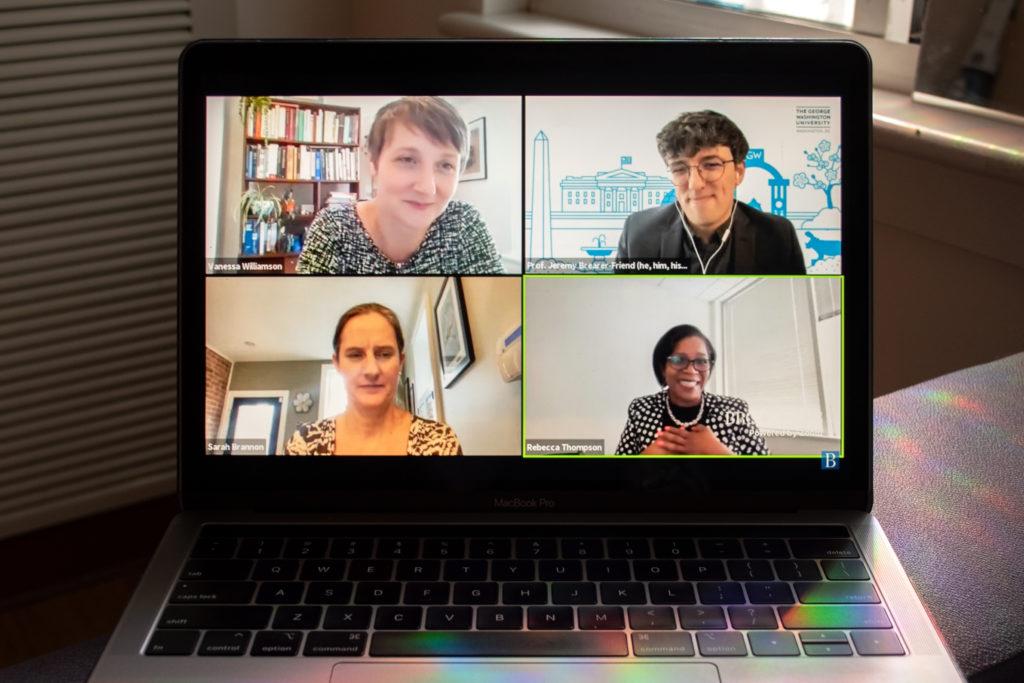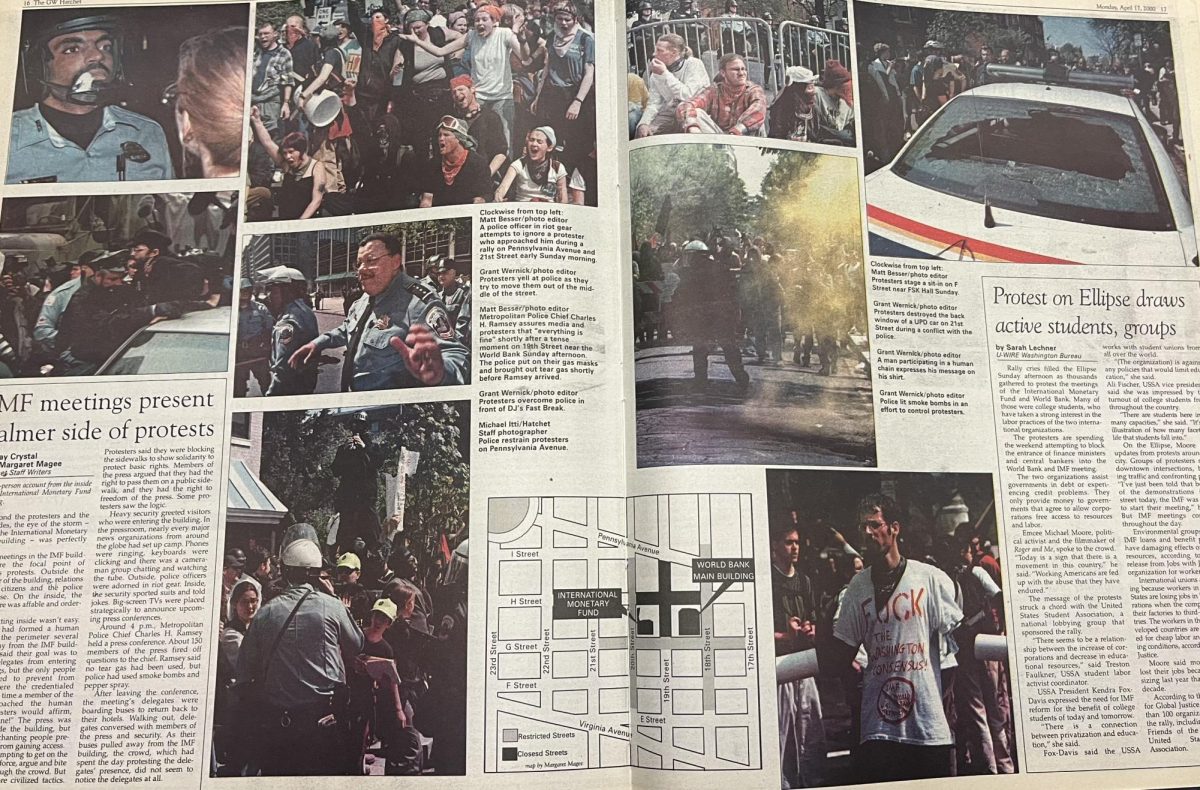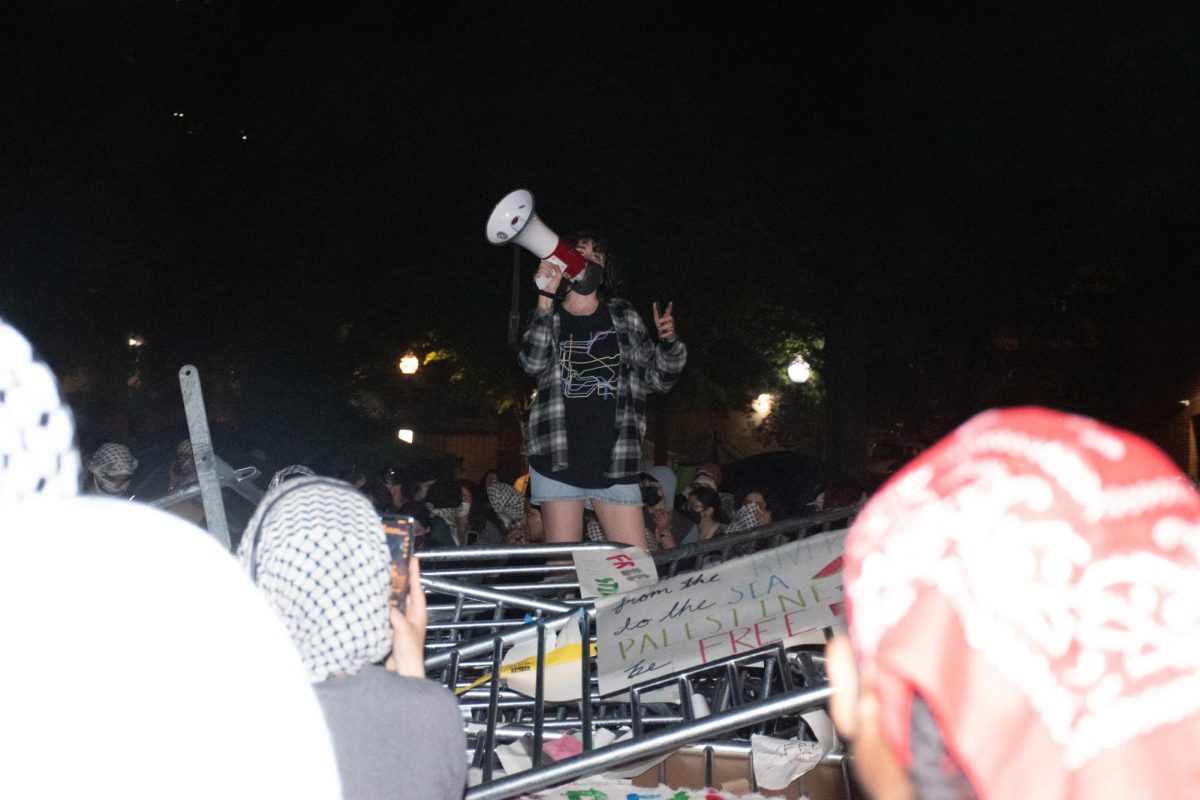The Governance Studies program at the Brookings Institution hosted a webinar on encouraging voter registration through the tax system Tuesday.
Rep. Bonnie Watson Coleman, D-N.J., opened the online discussion as panelists discussed how tax filings could help families in minority communities avoid voter suppression. Vanessa Williamson, a senior fellow in the Governance Studies program at the Brookings Institution, moderated the event, which took place on National Voter Registration Day.
Coleman said political officials in states like Texas have designed “oppressive and anti-democratic” tactics to prevent younger Black and brown citizens from registering to vote. She said Congress is aware of ongoing voter suppression in state and local governments as members of Congress debate voting legislation, like the For the People and the John Lewis Voting Rights Advancement acts.
She said registering to vote and simplifying the registration process will be some of the first steps to tackling voter suppression. She said these measures will support the need for a bill to allow people to register to vote while filing their tax returns.
“In the United States of America, we’re supposed to be encouraging civic participation, registering to vote and voting as the most fundamental thing we can do to ensure that we have a healthy democracy,” Coleman said.
Sarah Brannon, a managing attorney of the American Civil Liberties Union Voting Rights Project, said elected officials may be more likely to discourage communities of color from voting if they’re turning out in the electoral process. She said states like Texas and Georgia have passed election laws restricting access to voting through measures shorter early in-person voting periods after the 2020 presidential election drew record turnout numbers among underrepresented groups like Black and brown communities.
“We’re not the only ones as there are a collection of voting rights and civil rights groups that are involved in those efforts to stop those laws,” Brannon said.
She said the John Lewis Voting Rights Advancement Act — a bill that works to identify voter discrimination in states and jurisdictions, especially in early voting periods and on Election Day — would encourage full voter participation from all communities, if passed. She said President Joe Biden’s administration needs to take every step to promote accessible voting processes and avoid further voter hostility and Congress inaction.
“One of the things that has really struck me is the extent to which these anti-voting legislations move forward in places where elections are close,” Brannon said. “This isn’t happening in just any old place in the country. It’s happening where elections are close and the places where these margins can really matter for representations of states.”
Jeremy Bearer-Friend, an associate professor of law, said although people often assume that state and local government taxes negatively impact voter registration through fees and fines that prevent Black citizens from exercising their right to vote, taxes like the corporate income tax can also expand democracy and limit inequality.
“We can ensure that there are as many opportunities to register to vote as we can create in part because of the civic experience of tax filing, which is a moment when individuals are very aware of a membership in a political community and their contributions to that community,” Bearer-Friend said.
Rebecca Thompson – the interim vice president for Prosperity Now, local nonprofit organization that financially supports minority and low-income communities – said the Volunteer Income Tax Assistance Program, a grant program operated by the Internal Revenue Service, works to help low- to moderate-income households file their tax returns. She said the program relies on volunteers to direct families to available tax credits and promote household financial stability.
“It was started as a means to really help folks to complete these complex tax forms to help with compliance but also because taxes are hard for some folks and people need help,” she said.
Thompson said the Filer Voter Act — a bill that would require tax preparation services to provide voter registration forms to their customers if they serve more than 100 people — will encourage programs like VITA to make voter registration information easily accessible through tax returns. She said participants in the program are excited to serve families in need of financial and voter registration information.
“This time, it’s more about raising their voice and making sure that their voices are heard and that they are participating in our society by voting,” she said.








